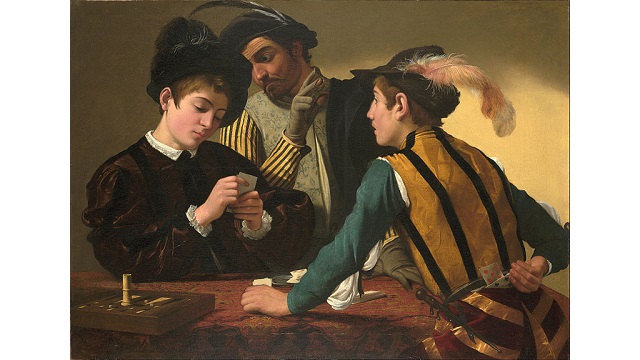Traitors in High Places

IN contemporary Western ‘China studies’ 99% of its scholars are what I call language imperialists. They purposely replace important Chinese key terminologies with European words. It is plainly their only career option, and there is no blaming them for that: To be exact, most of the sinologists describe China in Western terms, using European categories and taxonomies. Good examples are “democracy,” “human rights,” “freedom,” religion,” “philosophy,” and thousands more. As a result of their hard work, the China that we used to know is now essentially Chinese-free.
RELATED Vocabulary Wars – How Nations Compete For Their Terminologies
“Language Imperialismis the translation of foreign key terminology into familiar vocabulary of one’s own language tradition in order to claim deutungshoheit, to diminish another culture’s originality, or to pretend to have full comprehension of a foreign topic by simply switching into one’s own lingua.”
Language Imperialists
Prestigious scholars avoid Chinese terms like poisonous food: “Not good for the English language,” they say, or “My colleagues would accuse me of going native!” Their attitudes are sending a strong message to the Western world that THEY (the scholars) MUST “own” China and that “everything” over there was under Western control: “We don’t want to discuss things with the Chinese on Chinese terms,” or “We can explain everything the Chinese have in English, they have nothing new to teach us.” The Germans call this “Deutungshoheit” meaning having the sovereignty over the definition of thought.
RELATED The Coming of Post-Translational Society
European language imperialists are typically rewarded with prestigious fellowships, academic chairs, publishing contracts, prizes, awards, and numerous other academic distinctions and accolades. In other words, those scholars are celebrated in their cultural circles like conquerors.
Cultural Traitors
Most commentators have argued with me that there is no alternative to language imperialism: If those Western (and westernized Chinese) scholars did otherwise; if they used the correct Chinese terminologies, say, in their English reports, writings, and book titles, academia would quickly label them as ‘Cultural traitors’.
Worse than just being expelled from your culture’s inner circles of powers, nobody would wants to read a “hybrid text” anyway, they say, because audiences are mostly monolingual. Besides, many readers are quite racist toward foreign vocabularies –they want to keep their language turf clean and tidy. So, after their rebellious initiation stage is over, scholars typically fall in line and comply.
So they go on, our Western ‘China experts’ after decades of studying the language, abjuring the Chineseness, writing perfectly unpolluted English reports on Chinese culture –but not without feeling uneasy in their skin: For they may not have abandoned the imperial ship, but they surely did cheat a seat.
End of Part II. GO TO PART I Soldiers and Scholars
Image credit: Khosro/Shutterstock.coom
You can follow me on Twitter, my Website, or my other Blog.




